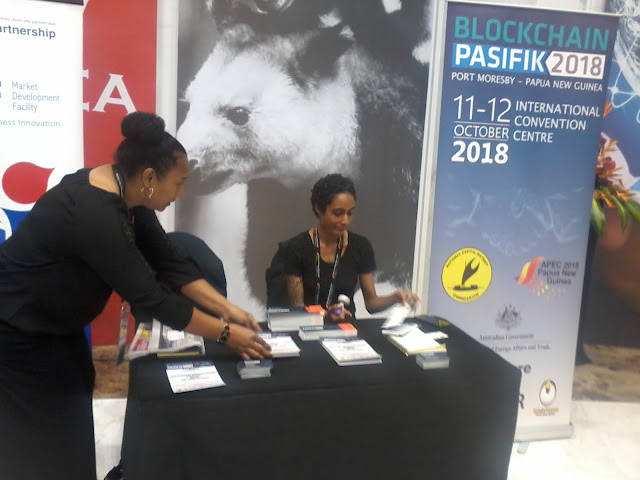Blockchain is currently popular in financial services but I’ll use the example of the hotel and tourism industry, potentially very significant for Papua New Guinea, where it can process and secure data in better ways.
For example, here’s a hypothetical scenario. Giluwe Hotel enters an agreement with an online travel agent, Wanol Travels, with a clause saying that, for the next six months, room nights booked more than five days in advance will offer a higher commission than those booked later.
With a non-blockchain model, both parties would sign a contract. When the deal ends, both provide reports to identify the total number of online bookings from Wanol Travels or use some commission consolidation service to document it for them.
The process of calculating the commission takes time, and perhaps even uses a lawyer as a broker to determine who takes what slice of the pie. The commission is eventually paid out.
But what if all these activities were programmed into a smart contract with cost and time savings, the removal of middlemen, and the trust achieved from storing documents encrypted on a shared ledger.
The DeskBell Chain project is moving into this sphere, to provide PNG hotels with a blockchain-enabled ecosystem which allows the hospitality business to develop flexible and open marketing tools.
A blockchain-enabled system is also able to connect small to medium tourism businesses (SMEs) with tourists and guests anywhere to their point of service.
It is a very good fit with the internet’s geo-location technology in terms of digital content creation, publishing, distribution; giving SMEs the chance to participate in the bigger global tourism marketplace.
Research shows that tourism accounts for 10% of global GDP and is crucial to driving a nation’s economy.
Google Stat says that 74% of all leisure travel and 77% of all business travel is now planned on the internet.
The future of travel and tourism being online, regardless of where tourism SMEs are located, they need to have an internet presence to succeed.
There are about 50,000 SMEs in PNG according to the Ministry of Commerce and Industry, 14% of which are in the tourism sector.
The DeskBell project helps facilitate the connection between tourists and suppliers and facilitates secure online payments.
A blockchain-based marketplace can help fight against global travel scammers and bring tourism dollars right into to the local communities where services are provided.
The PNG government wants to create a digital economy and financial inclusion for its mass rural population and may opt for Deskbell Chain for its tourism industry.
DeskBell Chain offers a solution for PNG tourism SMEs to participate equally in the global tourism market, a breakthrough provided by blockchain technology.
Source: Keith Jackson & Friends: PNG ATTITUDE








No comments:
Post a Comment